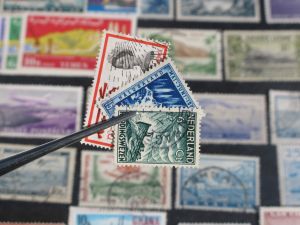In its recent submission to the Productivity Commission’s study into the contribution of the not-for-profit sector, the Collections Council said that their part of the sector is bigger, more valuable and more far-reaching than has previously been realised.
Collections Council CEO Margaret Birtley said that such a framework would help to facilitate measurement, determine trends and develop policy responses.
“From organsiations such as the National Library of Australia, with an operating budget in the millions and more than 420 staff, to the Western Australian Eastern Goldfields Historical Society, operating thanks to the work of more than forty volunteers, Australia’s collecting organisations are managing, documenting and interpreting Australian identity, values and achievement.
“This work is priceless and often delivered by extraordinarily skilled volunteers.”
She said that available public statistics are insufficient and do not present a full picture of the area’s diversity, or its contribution to tourism, the economy, research or innovation.
“Our database of more than 4,000 Australian public collections is well over previous figures published the Australian Bureau of Statistics, which measured the sector at approximately 2,500 collections.”
Alongside measuring paid and voluntary support, widespread recognition of the intrinsic value of collections is also needed, Birtley said, since “access to culture, particularly to excellence in culture, has enormous social capital benefit.
“It is important that the value we place on culture recognises what it does in itself, rather than just as a measure of its benefits to other agendas – education, the reduction of crime, improvements in wellbeing.”
The Collections Council has also recommended to the Productivity Commission that funding be provided to enable all collections to be digitised, so that they can be more accessible to the community and full use can be made of the Government’s recently announced National Broadband Network.
Currently examining the not-for-profit sector’s contribution to Australian society, the Productivity Commission is set to deliver its final report by the end of 2009.












